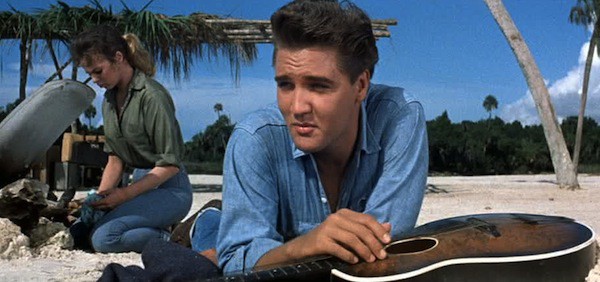From A Breath of Snow and Ashes, the sixth volume in Diana Gabaldon’s Outlander series:
The dark came down on All Hallows’ Eve. We went to sleep to the sound of howling wind and pelting rain, and woke on the Feast of All Saints to whiteness and large soft flakes falling down in absolute stillness. There is no more perfect stillness than the solitude in the heart of a snow storm.
This is the thing time, when the beloved dead draw near. The world turns inward, and the chilling air grows thick with dreams and mysterry. The sky goes from a sharp clear cold where a million stars burn bright and close, to the gray-pink cloud that enfolds the earth with the promise of snow.
I took one of Bree’s matches from its box and lit it, thrilling to the tiny leap of instant flame, and bent to put it to the kindling. Snow was falling, and winter had come; the season of fire. Candles and hearth fire, that lovely, leaping paradox, that destruction contained but never tamed, held at a safe distance to warm and enchant, but always, still, with that small sense of danger.
The smell of roasting pumpkins was thick and sweet in the air. Having ruled the night with fire, the jack-o’-lanterns went now to a more peaceful fate as pies and compost, to join the gentle rest of the earth before renewal. I had turned the earth in my garden the day before, planting the winter seeds to sleep and swell, to dream their buried birth.
Now is the time when we reenter the womb of the world, dreaming the dreams of snow and silence. Waking to the shock of frozen lakes under waning moonlight and the cold sun burning low and blue in the branches of the ice-cased trees, returning from our brief and necessary labors to food and story, to the warmth of firelight in the dark.
Around a fire, in the dark, all truths can be told, and heard, in safety.
I pulled on my woolen stockings, thick petticoats, my warmest shawl, and went down to poke up the kitchen fire. I stood watching wisps of steam rise from the fragrant cauldron, and felt myself turn inward. The world could go away, and we would heal.
No point here, nothing much to say, just a piece of writing that I found especially lovely and evocative. And enviable…




